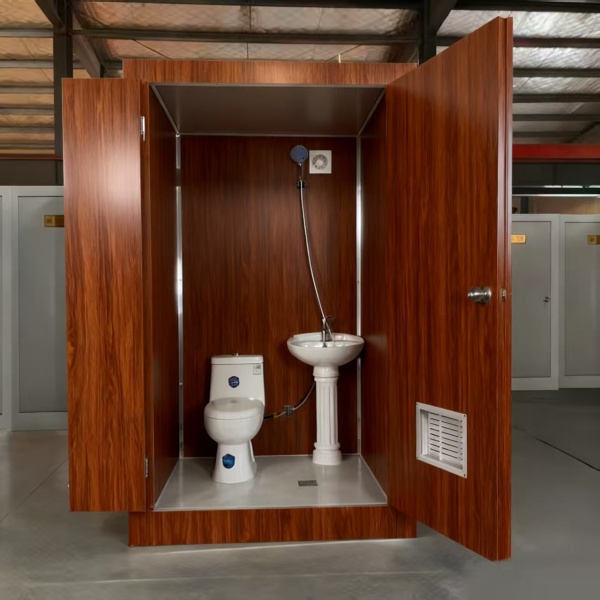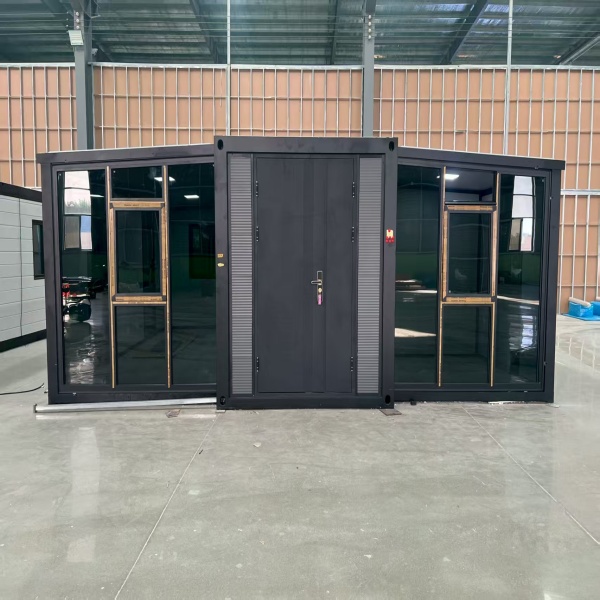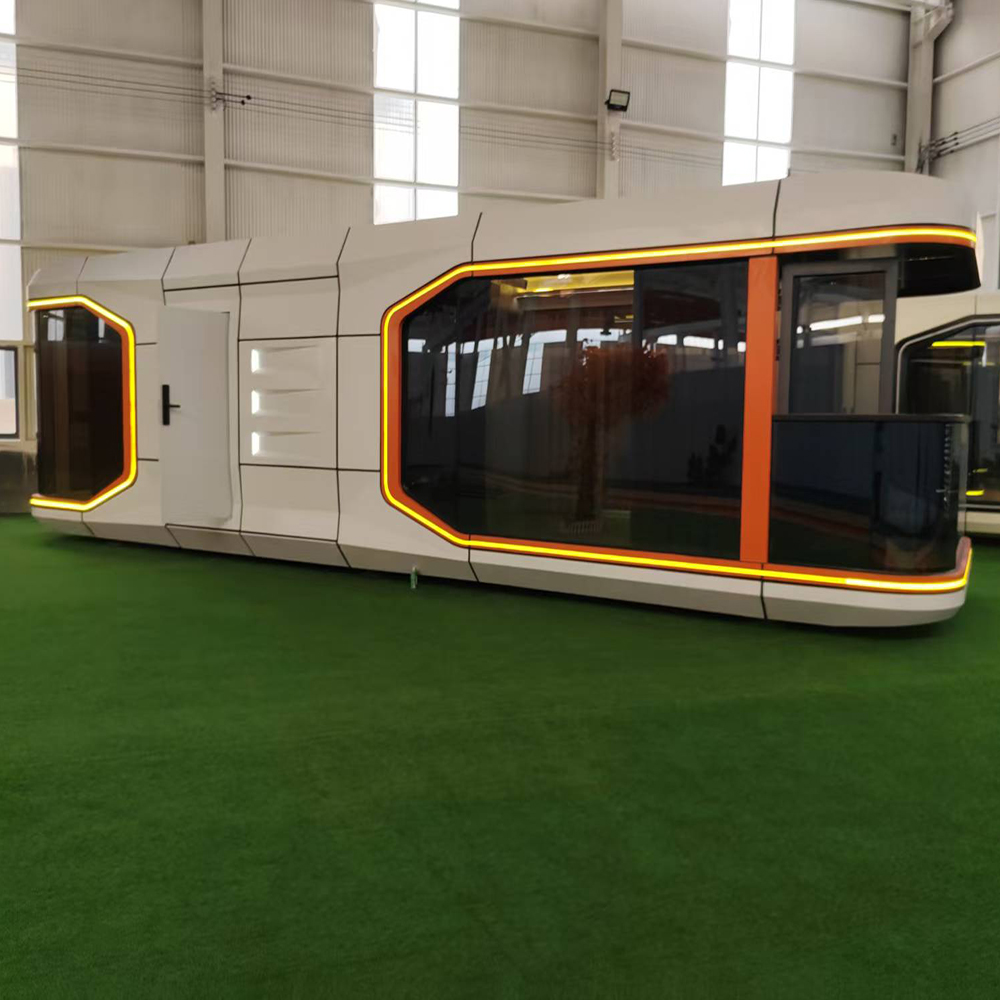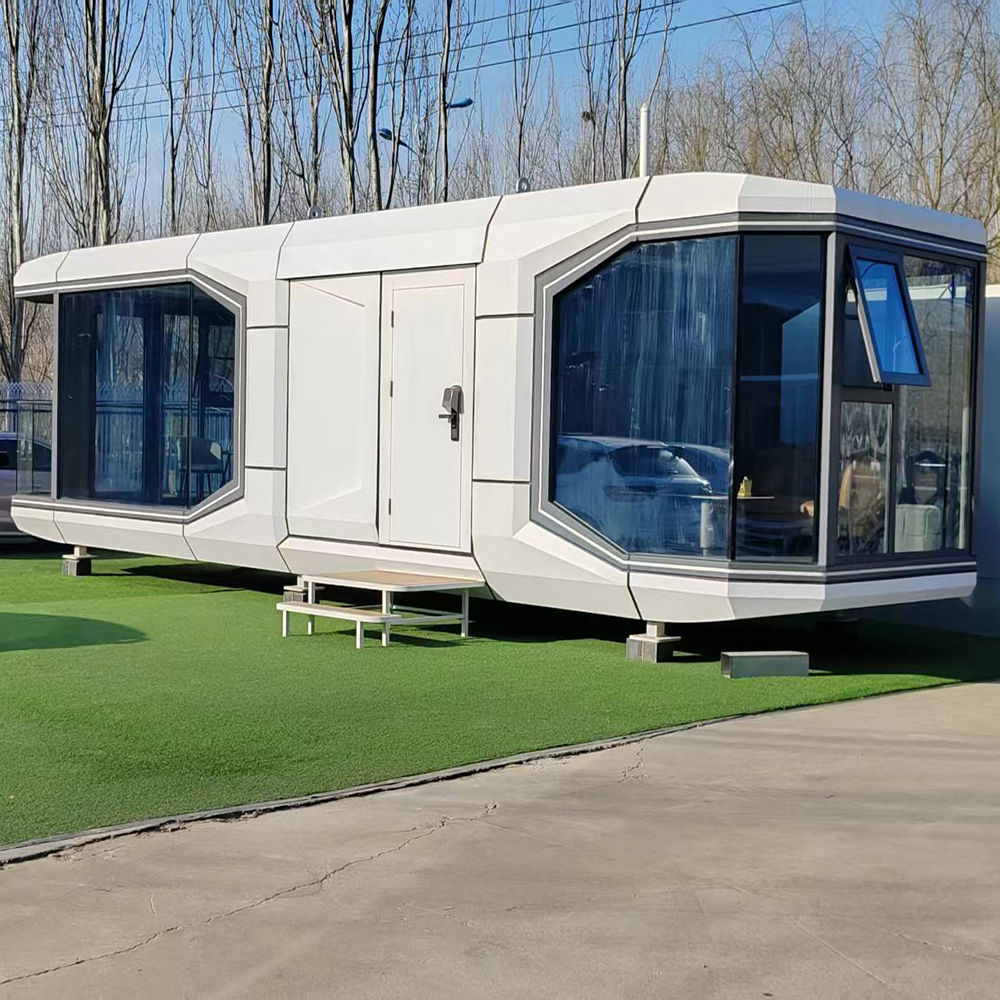-
E-mail
Austin120521@outlook.com -
E-mail
sales@jujiuhouse.com -
Telephone
+86-17864099991 -
Telephone
+86-17854044442
- Chinese
- French
- German
- Portuguese
- Spanish
- Russian
- Japanese
- Korean
- Arabic
- Irish
- Greek
- Turkish
- Italian
- Danish
- Romanian
- Indonesian
- Czech
- Afrikaans
- Swedish
- Polish
- Basque
- Catalan
- Esperanto
- Hindi
- Lao
- Albanian
- Amharic
- Armenian
- Azerbaijani
- Belarusian
- Bengali
- Bosnian
- Bulgarian
- Cebuano
- Chichewa
- Corsican
- Croatian
- Dutch
- Estonian
- Filipino
- Finnish
- Frisian
- Galician
- Georgian
- Gujarati
- Haitian
- Hausa
- Hawaiian
- Hebrew
- Hmong
- Hungarian
- Icelandic
- Igbo
- Javanese
- Kannada
- Kazakh
- Khmer
- Kurdish
- Kyrgyz
- Latin
- Latvian
- Lithuanian
- Luxembou..
- Macedonian
- Malagasy
- Malay
- Malayalam
- Maltese
- Maori
- Marathi
- Mongolian
- Burmese
- Nepali
- Norwegian
- Pashto
- Persian
- Punjabi
- Serbian
- Sesotho
- Sinhala
- Slovak
- Slovenian
- Somali
- Samoan
- Scots Gaelic
- Shona
- Sindhi
- Sundanese
- Swahili
- Tajik
- Tamil
- Telugu
- Thai
- Ukrainian
- Urdu
- Uzbek
- Vietnamese
- Welsh
- Xhosa
- Yiddish
- Yoruba
- Zulu
- Kinyarwanda
- Tatar
- Oriya
- Turkmen
- Uyghur

Buy expandable container house price
Understanding the Price of Expandable Container Houses
Expandable container houses are becoming a buzz for their affordability and flexibility, but it's not as simple as just 'buying' one. Before diving into purchasing, there are nuances to consider—like hidden costs, customization options, and long-term benefits.
The Basics of Expandable Container Houses
When we talk about expandable container house price, it might first seem straightforward, but there's much more beneath the surface. The initial cost typically covers basic model designs. However, integrating plumbing, electrical connections, and insulation can add to the total expenses.
Customization plays a significant role and can heavily influence the cost. Basic models might suffice for temporary needs, but for long-term living, you'll probably want additions like improved insulation or solar panels. Each of these options can significantly change the bottom line.
It’s also essential to factor in logistics. Shipping and installation might not be included, and costs can vary greatly depending on your location. For instance, placing one in a remote area may involve unforeseen complications and fees.
Common Misconceptions and Considerations
A common misconception is assuming the buy expandable container house price is all-inclusive. Many forget to account for costs like land preparation and potential site permits. Without these, the project might face unexpected legal hurdles.
For a seamless experience, it’s crucial to check for any local regulations concerning temporary or semi-permanent structures. In some regions, specific permissions are necessary, which can affect both timelines and budgets.
Besides, while these houses are robust and versatile, they’re not a one-size-fits-all solution. Climate and weather factors are crucial considerations. Proper insulation and weatherproofing are key to comfort in extreme conditions.
Real-World Experiences and Insights
I've seen both successful and challenging projects. One client intended to use an expandable house as a lakeside retreat. The idea seemed perfect until they realized winter insulation and lakeside humidity weren't adequately addressed in the initial setup, leading to unexpected costs.
On the brighter side, another scenario showed the positives. A tech start-up utilized expandable container houses for temporary office space on a developing site. They successfully customized the layout with conference areas and workstations, making the investment fruitful for their phased project plans.
These experiences highlight the importance of consulting with industry professionals early on, particularly companies like Shandong Jujiu Integrated Housing Co., Ltd., which provides comprehensive solutions from design to installation. Their industry expertise can be crucial in navigating potential pitfalls.
Expert Opinions and Recommendations
Engaging with enterprises like Shandong Jujiu Integrated Housing Co., Ltd. gives you access to tailored advice and industry knowledge. With their background in integrated housing, you get insights into optimizing spaces with practical designs.
Their integrated approach—spanning research, design, manufacturing, and more—ensures you’re equipped with options that align with your objectives and budget constraints. This can be pivotal in deriving maximum value from your investment.
Engaging early in the planning phase with such expertise can mitigate risks and streamline the process, ensuring that the expandable container house price truly reflects what you buy—a durable, adaptable, and practical living solution.
Looking Ahead and Final Thoughts
The future of expandable container houses is promising, especially as technology advances and sustainable solutions become pivotal. However, as attractive as they are, they require due diligence and careful planning to ensure the investment pays dividends.
The sector continues to grow, with companies innovating and pushing boundaries, highlighting the importance of staying informed. Following industry trends and understanding detailed dynamics can help you make educated decisions that align with your lifestyle and financial plans.
In conclusion, while the five-figure price tag of an expandable container house might grab your attention, the real journey involves considering all facets—hidden costs, customization, climate suitability, and after-sales support. Always invest the time in research to ensure your decision is as solid as the structures themselves.
Related products
Related products
Best selling products
Best selling products-
 Hot-selling foldable container houses, expandable prefabricated houses, suitable for office or living use, with fast delivery.
Hot-selling foldable container houses, expandable prefabricated houses, suitable for office or living use, with fast delivery. -
 Movable Prefabricated Container House Villas Modular Portable Homes 1 Bedroom Container House Offices Apartments
Movable Prefabricated Container House Villas Modular Portable Homes 1 Bedroom Container House Offices Apartments -
 The foldable container house with side wing design can be quickly set up and is suitable for various environments.
The foldable container house with side wing design can be quickly set up and is suitable for various environments. -
 Reasonable Price 1 Bedroom Modular Container House Folding Container Home for Villa or Apartment Use
Reasonable Price 1 Bedroom Modular Container House Folding Container Home for Villa or Apartment Use -
 Portable outdoor camping bathroom, mobile toilet, prefabricated modular villa & rental of outdoor and indoor showers
Portable outdoor camping bathroom, mobile toilet, prefabricated modular villa & rental of outdoor and indoor showers -
 Customized Expandable Container House Holiday Home Folding Prefab Container House with Bathroom and Kitchen
Customized Expandable Container House Holiday Home Folding Prefab Container House with Bathroom and Kitchen -
 Customizable Office Mobile Home with Flat Roof and Double Wing Expansion Box, Convenient Container
Customizable Office Mobile Home with Flat Roof and Double Wing Expansion Box, Convenient Container -
 A container house with a terrace and double-wing folding design, suitable for various purposes such as offices, meeting rooms, living rooms, etc.
A container house with a terrace and double-wing folding design, suitable for various purposes such as offices, meeting rooms, living rooms, etc. -
 Standard Modern Camping Pod Space Prefabricated Portable Mobile Capsule Room Hotel Bathroom Prefabricated Spaceship House
Standard Modern Camping Pod Space Prefabricated Portable Mobile Capsule Room Hotel Bathroom Prefabricated Spaceship House -
 Luxury Foldable Two Story Container House for Glamping Resort and Villa Hotel
Luxury Foldable Two Story Container House for Glamping Resort and Villa Hotel -
 A container house with a terrace and double-wing folding design, suitable for various purposes such as offices, meeting rooms, living rooms, etc.
A container house with a terrace and double-wing folding design, suitable for various purposes such as offices, meeting rooms, living rooms, etc. -
 Factory Direct Sales Office Folding Container Luxury House Living Container House
Factory Direct Sales Office Folding Container Luxury House Living Container House
Related search
Related search- China apple valley lake cabins
- expandable prefab mobile house prefab home 19x20ft mobile home
- China expandable container house
- wholesale expandable container house 40ft luxury
- China fold out shipping container house
- portable folding houses for sale
- fold out house on trailer
- China container house
- China premade shipping container house
- Buy expandable container house with ensuite












